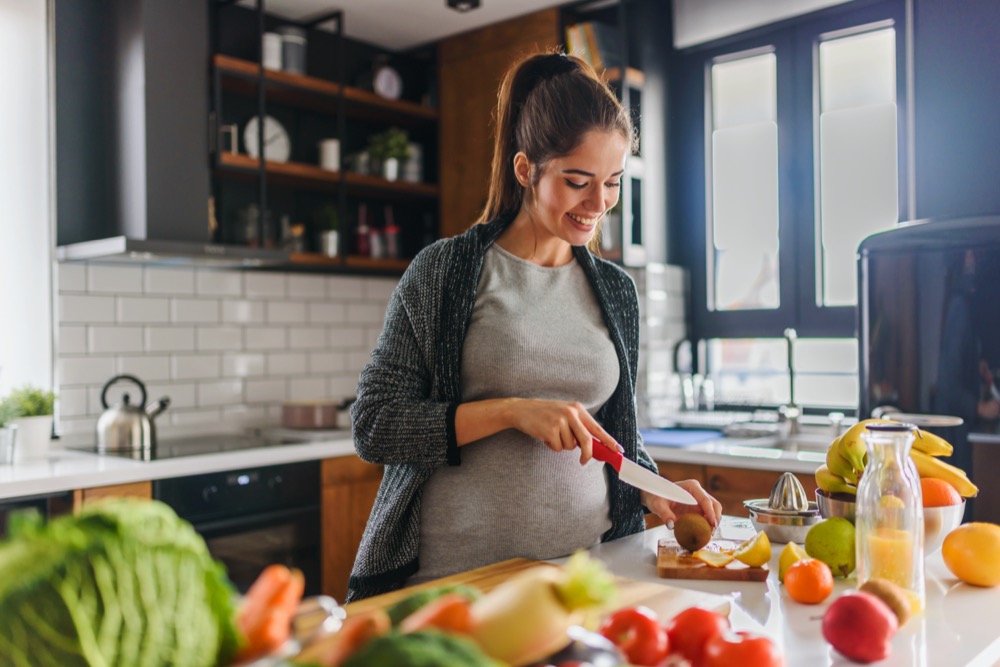Foods to Avoid During Pregnancy
We know some foods actually carry risks in pregnancy. The risks are very small, and even if you do eat some of these foods, perhaps without realizing, you are very unlikely to harm yourself or your baby in any way. However, it makes sense to avoid them when you can.

These foods have been found to have the potential for contamination with listeria because of the way they’re made. Listeria is a bacterium (germ) that can lead to pre-term birth, miscarriage, and/or flu-like symptoms.
FOR A MORE COMPLETE LIST PLEASE REFER TO A GUIDE TO YOUR PREGNANCY BOOKLET.
Foods to avoid are:
- Unpasteurized milks
- Soft, ripened cheeses made with unpasteurized milk (imported varieties such as brie, camembert, and similar blue veined cheeses, cheeses made with pasteurized milk or domestic brands should be fine)
- “custard” style ice-cream made with raw eggs (wrapped or block ice-cream is fine)
- Patés of all types
- Raw and undercooked eggs (thoroughly cook eggs until both the white and yolk are solid)
- Liver and liver products
- Mayonnaise (homemade containing raw eggs)
- Shark, marlin and swordfish should be avoided and tuna restricted to two medium cans or one fresh steak per week. This follows concerns about mercury in these fish and also applies to women who are breastfeeding or intending to become pregnant.
Toxoplasmosis is a disease caught from contact with uncooked or undercooked meat, contaminated vegetables and fruit, and in cat feces. If it’s caught in pregnancy, it can be passed to the baby and cause severe problems such as blindness or mental disabilities. You should avoid handling cat feces or the cat litter tray. Wash your hands after handling a cat, and after preparing meat and other foods. Make sure cats stay away from all surfaces where food is eaten or prepared. Toxoplasmosis can be tested for during pregnancy, if necessary.
Peanuts : The medical community used to believe that if you or members of your close family suffer from peanut allergy or allergic disease such as atopic eczema, asthma or hayfever, you should avoid eating peanuts or food containing peanut products during pregnancy and while breastfeeding. This is now not believed to be true. Enjoy your peanuts.
Let's stay in touch
Our monthly newsletter keeps you up-to-date on healthy lifestyle, latest news, and our practice.




